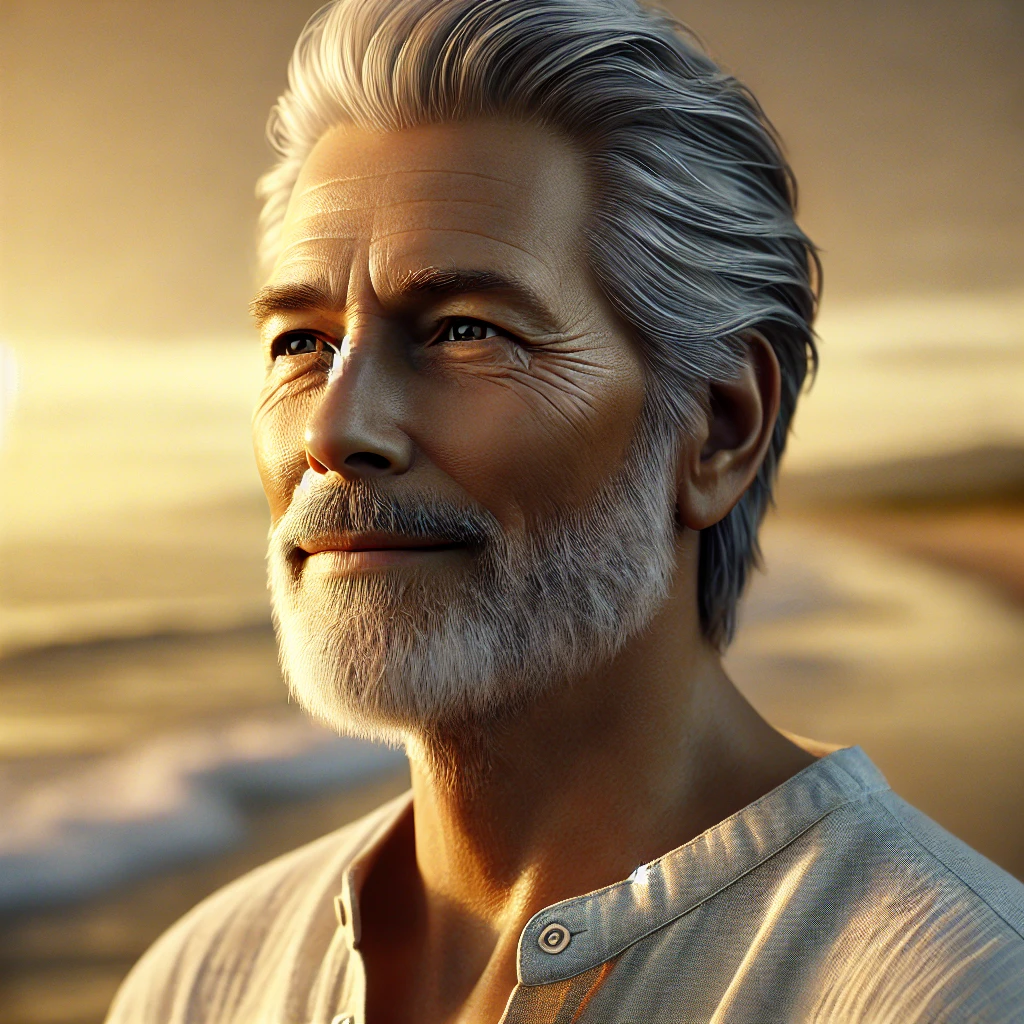Blissful Mornings - Jaime’s Journey
There was once a man named Jaime, whose name was whispered with respect in the far
corners of cities gilded with wealth and influence. He came from a lineage known for
prestige, for gleaming yachts and lavish galas. To the world, he had everything—and yet,
something essential felt missing.
When Jaime walked into a room, it was his last name that spoke first.
As a child in Spain, Jaime would watch his father prepare for meetings with dignitaries and
diplomats. He admired him—how his suits fit like armor, how the scent of pomade lingered
in the hallway long after he left. At seven, Jaime began slicking his own hair with water and
mimicking his father’s gait, trying on the gravitas of importance.
He believed that joy could be found in applause, admiration, and elegant arrangements. And
so he followed that path—until the applause turned into obligation, and admiration began
to drain him.
Years later, Jaime stepped away. He didn’t leave with fanfare. He left with a suitcase, a
journal, and a quiet ache to become who he truly was.
He settled in a small village by the ocean—a place where no one knew his legacy, only his
gentleness. His hands, once used for formal gestures, became skilled in casting nets. He
would rise with the sun and fish—not to sell, not for sport—but to feed. To give.
He didn’t speak much of his past. He let the tide carry it away.
One morning, he noticed an elderly woman humming near her garden. Her name was
Vernardita. There was something familiar in the way she smiled with her whole being, in
the way she tended to the world without needing to be noticed.
Her joy wasn’t adorned—it was rooted.
It stirred something in Jaime. A remembrance. A reckoning.
He began leaving fresh fish at her gate. He never left a note. It wasn’t necessary.
Years later, Jaime would reflect on that season of his life—not as a step down, but as a
return. A quiet redemption.
He wrote in his weathered journal:
“I once believed my greatest gift was the name I carried. As a boy, I wore my father’s pride
like a second skin. But it was here—among fishermen and flowers, in silence and
service—that I learned… The offering I was meant to give was not grandeur. It was
presence. To show up for one soul. One meal. One moment. That, too, is enough.”
-Bliss Chains Authors


